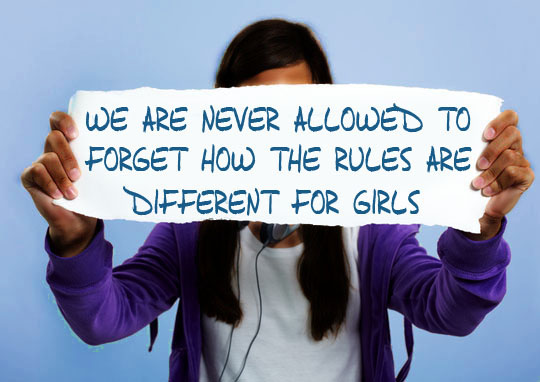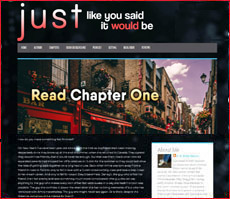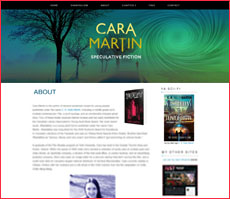To celebrate the book's release I'll be doing a blog tour that starts at the end of the month. I hope you'll stop by somewhere along the way! You can click the banner for details regarding when and where I'll be.
Meanwhile, during the last few days one of the stories the media has been buzzing about is the leak of nude photos of several famous Hollywood actresses. These kinds of "leaks" don't just happen to famous women, and they shouldn't happen at all. They're a violation, a crime. But in response to this crime, ridiculous articles like this one from Fox news advising stars who want to take nude photos with getting hacked to never upload them online or, better yet, use a Polaroid have sprung up.
Why not go a step further and advise women never to be naked in the first place? And definitely not to have sex! Because if it's discovered that any of us are 1) naked under our clothes, complete with female bodys parts and 2) engage in sexual activities—well, then it's open season. It's our fault simply for being women in the first place!
Roxanne Gay sums the problem up in her Guardian article, "This is what we must remember. Women cannot be sexual in certain ways without consequence. Women cannot pose nude or provocatively, whether for a lover or themselves, without consequence. We are never allowed to forget how the rules are different for girls. I suppose we should be grateful for this latest reminder."
Time Magazine offers this logical analysis of the victim blaming: "So why are people so quick to point the fingers of blame at the women who are victims of the hack? It’s likely because it’s easy — far easier than blaming a culture that nurtures this kind of misogynist attack — and also because it makes people feel safe."
While many people (including Seth Meyers) are well aware that blaming the women whose privacy was criminally invaded is unjust
culturally, we continue to face an enormous problem. One that all women potentially face as large segments of society cling to damaging double standards. This is partly what The Sweetest Thing You Can Sing is about as main character Serena and several of her friends fall afoul of the thin line of acceptable sexual behaviour they are supposed to display as girls. Actually, instead of thin line we could more accurately call it an impossible line, one where you can garner negative attention for being considered attractive as well as not not attractive enough, one where sexual acts are encouraged and cheered one one hand and then condemned, the girls taking part in them termed sluts and hos, on the other.
A study published in the Journal of Children and Media in June found that adolescent boys judge teenage girls whether they sext or not, calling teen girls who send sexts “insecure” or “slutty” and and labelling ones who don't as “stuck up”and prudes. Meanwile "boys were virtually immune from criticism regardless."
How do you discover your authentic sexual self in a culture that's not-so-secretly hostile towards you, glorying in dictating and policing your sexual behaviour in the most illogical and—now public—of ways? This is one of the challenges facing young women today. Prejudices of the past mingling with ominpresent technology.
We can help girls and young women by letting them know we're on their side, that there is nothing shameful about their naked bodies or sexuality, but that who they share those things with should always be their choice. That means instilling these same values in boys—respect for girls as their equals— again and again and again until they, and we all, have incorporated them to the point that things like revenge porn, slut-shaming and sexual bullying become rarities.















